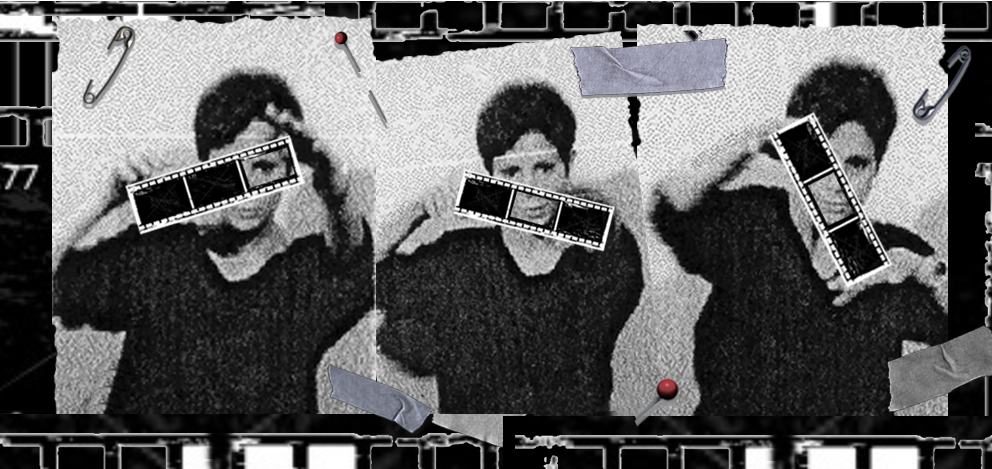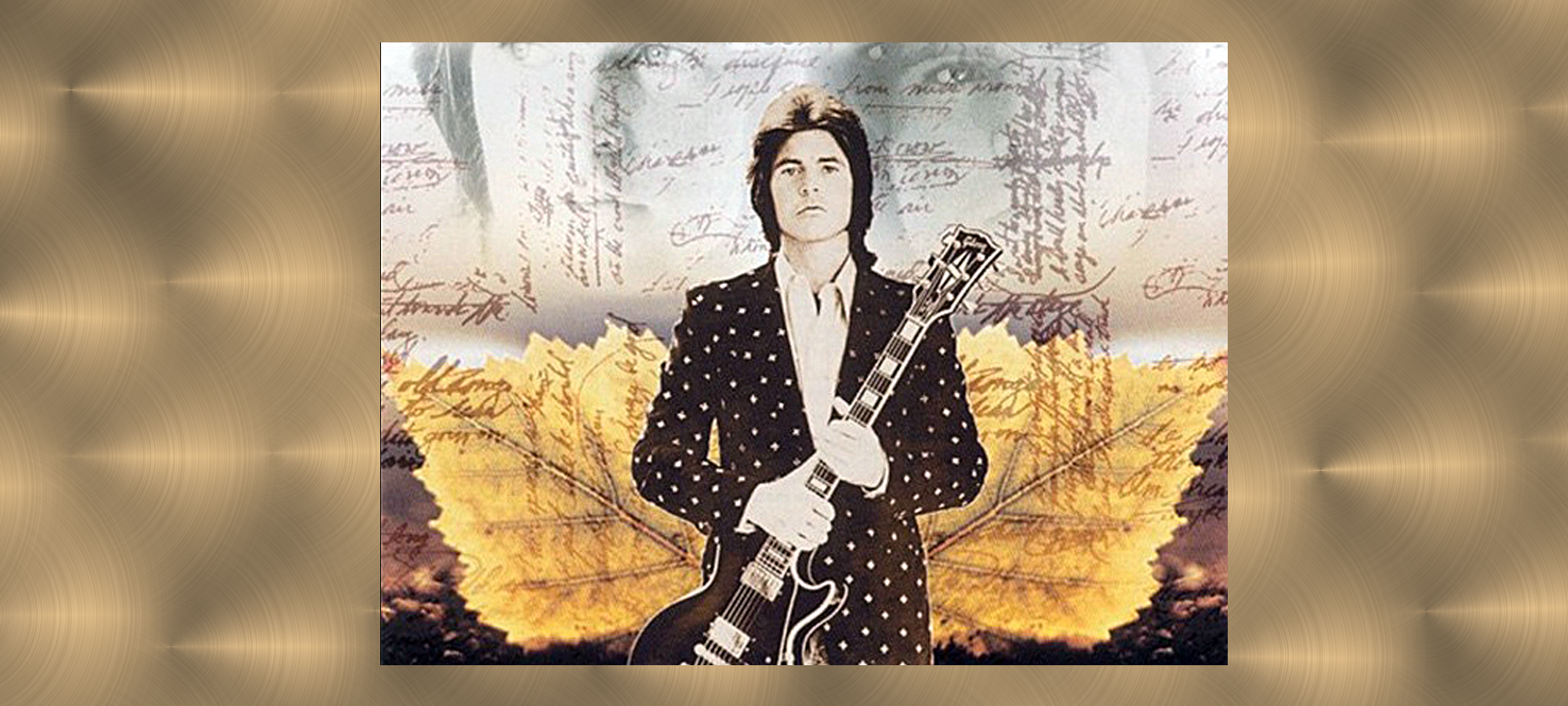‘Magic Dick’ Salwitz: Still Whammin’ and Jammin’ at 72
With a nickname like "Magic Dick" you'd better be damn good at what you do. And Richard Salwitz is one of the best -- harmonica players, that is. Today's the 70th birthday of the man who helped put the whammer in the jammer of the J.Geils Band -- from the group's 1965 origins in Worcester, Massachusetts, through their breakup in 1985. In "The Rolling Stone Record Guide," music journalist Dave Marsh described Magic Dick as possibly "the best white musician to ever play blues harmonica."






